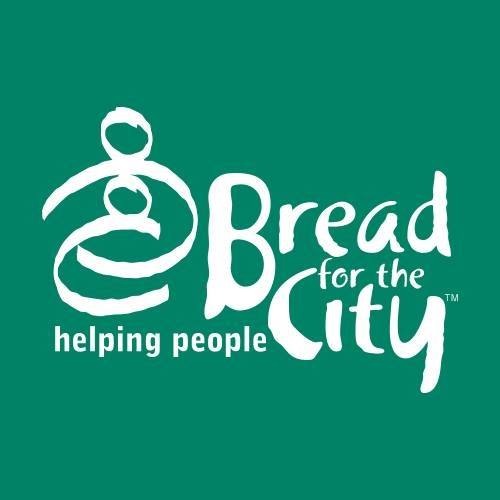By Molly Prothero
As a public benefits attorney at Bread for the City, a multi-service non-profit in Washington, DC, I work with people who qualify for public benefits like the Supplemental Nutrition Assistance Program (SNAP or food stamps). I advocate that they receive what they are entitled to when something goes wrong. Though the maximum SNAP amount for an individual in D.C. is $281 per month (less than $10 a day), that assistance is crucial for families working to get by.
The new debt ceiling bill, signed into law on June 3, increased work requirements for SNAP and the federal cash assistance program while carving out exceptions for veterans, people aging out of foster care, and people experiencing homelessness. If the work requirement is unmet, a person can receive benefits for only three months over three years.
The Congressional Budget Office estimates that about the same number of people will qualify for SNAP as before this law. Regardless, this is a step backward for anti-poverty work. The law further complicates an already dense application, meaning more people – including those who qualify – will be left out.
Each day, I confront barriers that prevent people from accessing the benefits they qualify for. The Department of Human Services, insufficiently funded and understaffed, cannot process applications within the legally required timeframe. This leaves my clients needing food and healthcare. I have seen people, including cancer patients, put off needed medical care and caregivers forgo food to feed their children because the government failed to approve their applications.
The new law creates additional hoops and carve-outs to address before approving a person for SNAP or cash assistance.
What justifies these additional barriers?
The fiction is that people choose not to work because they would rather receive $281 monthly than a paycheck. Everyone I have worked with – I cannot think of a single exception – has been working (often multiple jobs) or is disabled. And this is not just my experience. In 2020 the Government Accountability Office found that 70 percent of people participating in SNAP programs worked 35 hours or more per week.
The other justification?
Saving the government money. Our elected officials would rather use programs that put food on the table as a bargaining chip than point the finger at the wealthy finding tax loopholes to the tune of $163 billion annually3 or the employers who fail to pay their employees a living wage.
There are already immense barriers to receiving SNAP and cash assistance. In D.C., you must fill out a 68-page application5 or navigate a website that frequently glitches. If something goes wrong, the Call Center has long wait times and staff who often give incorrect information. People with no or limited English proficiency frequently report discrimination. You must report if your income, assets or family structure changes. Each year you go through this process again. It is demeaning and intrusive, with a high barrier to entry to what amounts to a few hundred dollars a month. D.C. is far more generous than most states. It still needs work.
We should reject work requirements because we should strive for a society that provides basic necessities for everyone, regardless of their situation. For those who are not convinced, work requirements cost taxpayers money by creating additional administrative burdens. As we add barriers, states must staff personnel to weed through applications and ensure all requirements are met, year after year. These hurdles also increase emergency room costs: people with insufficient nutrition are far more likely to check into the emergency room. And they create the need for attorneys like me to represent people when all other paths have failed.
When work requirements do save us money, can we justify the savings? A few people receiving these benefits could work and choose not to. When we pass laws to prevent this, those laws bar people who rely on these programs from accessing food and basics such as diapers for their families.
I have worked to get clients SNAP who cannot navigate the application or who cannot secure a diagnosis of disability (needed to be exempted from the work requirement) because they do not have healthcare access. Despite submitting all required paperwork, I have pleaded with government employees to approve my clients for benefits after they have been cut off for months. This system leaves my clients needing access to food. As a society, is this how we want to balance our budget?
Without barriers to public benefits, I would not have a job. Please put me out of one.
Molly Prothero serves as an attorney for the local non-profit, Bread for the City. She is a Harvard Law graduate and formerly served as the executive director of the Harvard Legal Aid Bureau.
The post Bread for the City attorney criticizes the debt ceiling deal and its impact on the D.C. community appeared first on AFRO American Newspapers .












